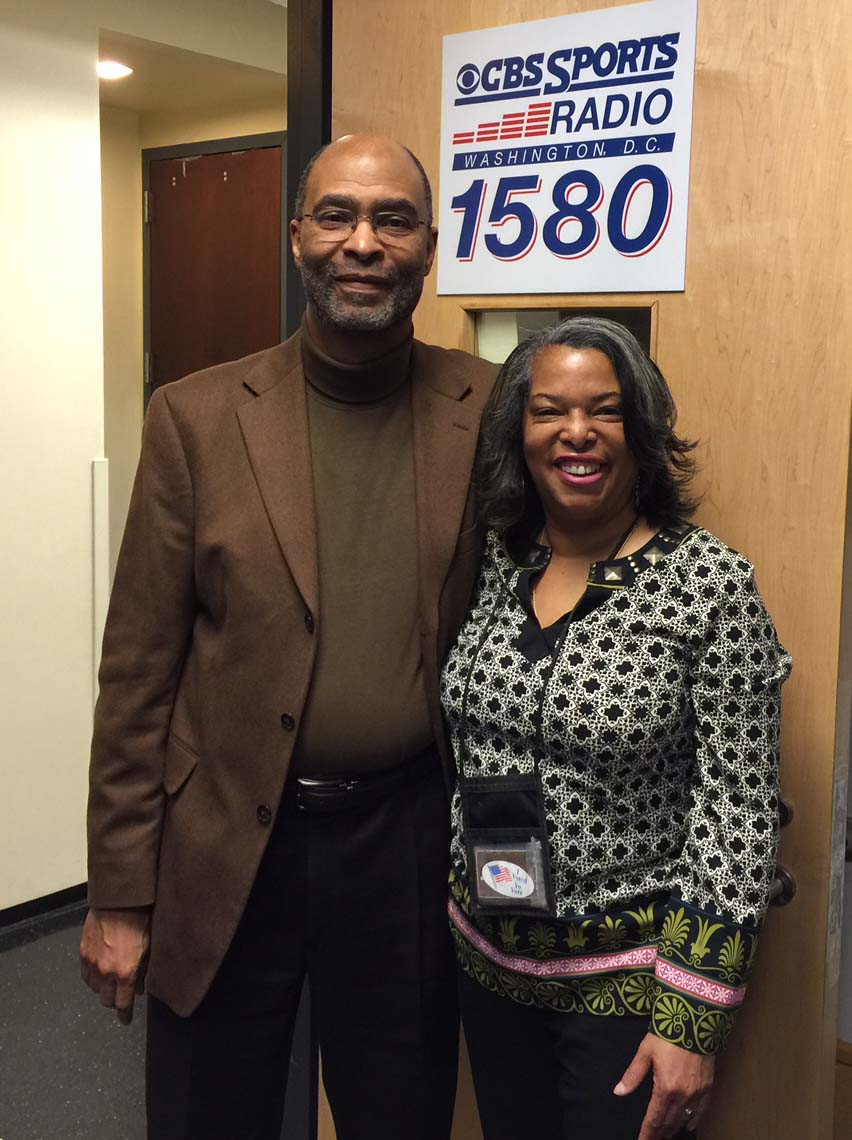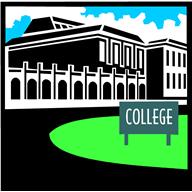
Contrary to popular belief, the value of a study group is not to share notes and study together – it is to test your knowledge of material you acquire for yourself. The best way to actually learn and assimilate information is to study alone – by taking your own notes in class, in discussions with your professors or reading assigned material. It is a fallacy to believe that you can use someone else’s notes and knowledge to assimilate knowledge for yourself. Information you seek to acquire from actions taken by others – is proprietary; you can’t buy it, borrow it or steal it, here’s why:
* The person that took those notes learned and assimilated information, then made notes best suited to their learning style, not yours.
* Your learning process did not kick in, no matter how carefully you read their notes. Why? Because you didn’t put in the time on those notes; the person who created them did.
If all you need to do is memorize, then you can probably use someone else’s notes. If you need to understand the material at a deeper level and use it formulate answers to questions and/or solutions to problems, you must do more, you have to know it for yourself.
Let me tell you a story from my book, “College in Four Years,” to illustrate how studying together, might end in your failing alone. Seven students in a class I was teaching formed a study group. They divvied up taking notes and making outlines from class. They met regularly and exchanged notes and problem solutions to study for exams that covered all the material they were responsible for. They all ended up failing my class.
After talking extensively to them as a group, as well as individually, I figured out that they had each mastered about 1/7th of the information in the class – equal to the notes and material that they had been responsible for in the study group. Some students knew more than others but none of them knew much more than they had studied for themselves. If you master just 14% of the class material, there is no legitimate way you’re going to pass.
I explained to them that the value of a study group is to test your understanding of what you already know. Needless to say, the students were skeptical of my theory. So I asked the students to bring me their group notes for the course, with each set identified by the student who made them. I asked the group questions; however, the student who took the related notes could not answer. For the most part, the students did not know or only partially knew answers from notes made by their counterparts. They were surprised.
“We read through every set of notes,” they said, “We were sure we knew the material.”
These students found out the hard way that group knowledge is not the same as individual knowledge. They took a shortcut and relied on the study group to split up the work so each person could do less. A better way would have been the two-step strategy for study groups:
1.Gather and learn information independently by taking your own notes which summarize study material in a meaningful way that you understand and can use.
2.Then, get together and ask one another questions to test everybody’s understanding of the material.
This is how your study group becomes a valuable resource. Your study partners can test your understanding of the material studied much better than you can on your own. The students who do less get less for it – when students do more, they get the most out of it.
 So glad to have the opportunity to talk good talk with Dr. Justine Love, Community and Public Affairs Director for CBS Radio Washington, WPGC 95.5 FM. We discuss what parents, mentors and stakeholders can do to help pre-college and in-college students get the most from their college experience.
So glad to have the opportunity to talk good talk with Dr. Justine Love, Community and Public Affairs Director for CBS Radio Washington, WPGC 95.5 FM. We discuss what parents, mentors and stakeholders can do to help pre-college and in-college students get the most from their college experience.

